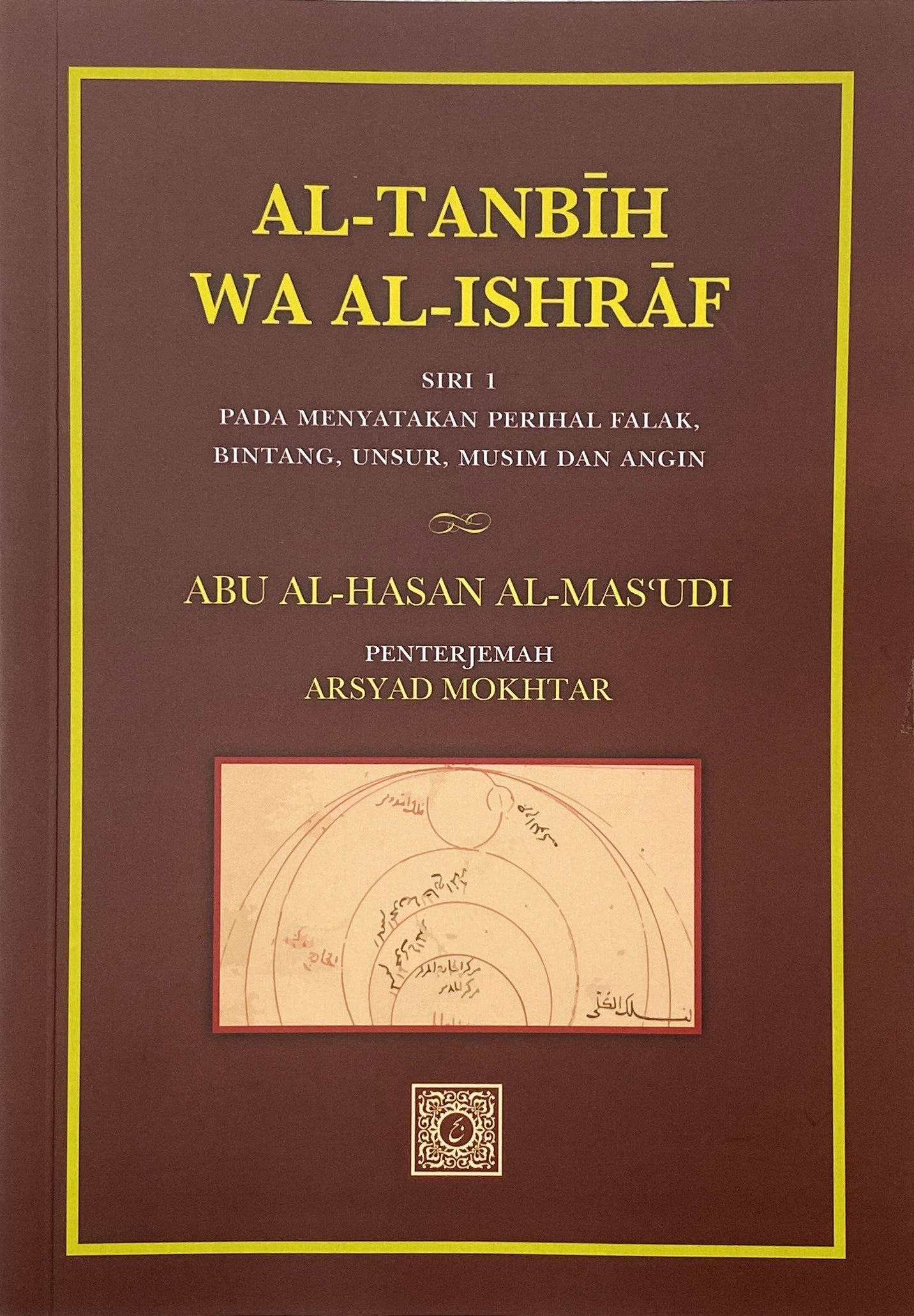The concept of "Tanbih al-Khawatir" is rooted deeply within Shia theological and philosophical discourse. Often translated as "The Wakefulness of the Thoughts," this text encompasses a wealth of profound insights that delve into the spiritual and moral dimensions of human existence. At its core, "Tanbih al-Khawatir" serves as a guide to introspection and self-awareness, bringing forth themes that resonate with both the common individual and the astute scholar. This treatise is not merely a literary work; it is a crucible in which the complexities of faith, ethics, and existential contemplation are shaped and articulated.
The allure of "Tanbih al-Khawatir" lies in its ability to address a pervasive existential observation: the tumultuous nature of human thought. In our fast-paced world, individuals often find themselves engulfed in a cacophony of distractions and superficial pursuits. This phenomenon has incited a deeper inquiry into the reasons why so many are captivated by the insights of "Tanbih al-Khawatir." The text provides a means to navigate the labyrinth of thought that frequently leads to disquietude and distraction. More than just a reflection of philosophical precepts, it encourages a journey inward for the cultivation of spiritual tranquillity.
In examining the essence of this work, it is essential to highlight the context of its composition. Written in the context of Islamic philosophy, "Tanbih al-Khawatir" emerges from a tradition that emphasizes reason and revelation. The delicate interplay between these two domains becomes a focal point of exploration. Shia scholarship often regards the union of intellect and spiritual perception as paramount to attaining true knowledge. This epistemological framework positions "Tanbih al-Khawatir" as a pivotal text that stretches beyond mere theological assertions, beckoning the reader to partake in a contemplative process that supports personal transformation.
An intriguing aspect of "Tanbih al-Khawatir" is its exploration of the duality inherent within human nature. The text posits that individuals are seldom static; they oscillate between elevated states of being and periods of moral laxity. This view fosters a profound sense of empathy, as it recognizes the universal struggle against the proclivity toward ethical negligence. It is here that one can glean further insights into why this work continues to resonate deeply with its readers. The allure lies not merely in the wisdom conveyed, but in the understanding that the human condition is fraught with fluctuations, beckoning a holistic approach to personal and moral accountability.
Moreover, "Tanbih al-Khawatir" is adorned with rich narratives and parables. These illustrative tales serve as vehicles for moral teachings, encapsulating complex ideas within accessible formats. Such narratives allow readers to distill profound ethical dilemmas into relatable scenarios, fostering a deeper understanding of the text's philosophical underpinnings. This method of storytelling serves not only to engage the intellect but also to evoke emotional responses that are crucial for true learning. The artistry of these narratives deepens the reader’s engagement, allowing for multifaceted interpretations and reflections.
The text’s perspicuity in addressing the volition of the human soul cannot be overstated. Central to the discussions within "Tanbih al-Khawatir" is the concept of free will. The notion that individuals possess the capacity to make choices is fundamental to Shia belief, and it further enriches the text’s theological implications. The discussions regarding free will invite readers to examine the ramifications of their decisions on both a personal and communal level. This meticulous examination encourages a sense of moral responsibility, whereby individuals are not merely passive recipients of fate but active participants in their spiritual journeys.
Furthermore, "Tanbih al-Khawatir" functions as a mirror reflecting societal values and ethical paradigms prevalent within Shia communities. As readers delve into the text, they find an implicit critique of societal norms that conflict with ethical teachings. The discourse surrounding justice, compassion, and the welfare of others resonates deeply within the Shia tradition. This emphasis on communal responsibility fosters a robust framework for social ethics, highlighting the interconnectedness of individuals and their obligation towards societal harmony.
As one progresses through the intricate layers of "Tanbih al-Khawatir," a fascination with its philosophical richness emerges. The text gracefully intertwines the domains of ethics, morality, and spirituality, leading individuals toward a more profound understanding of themselves and their place in the universe. It invites readers to confront their inner trepidations while providing the tools for spiritual rectitude. The convergence of self-awareness and moral philosophy encapsulated in this work offers a fertile ground for personal and collective growth.
In summation, "Tanbih al-Khawatir" stands as a testament to the enduring intellectual and spiritual heritage of the Shia community. By illuminating the complexities of human thought and moral agency, it fosters an environment conducive to introspection and ethical reflection. The fascination surrounding this text can be attributed to its capacity to speak to the quintessential human experience, providing wisdom that compels both average adherents and scholars alike to embark on a journey towards self-actualization and socio-moral upliftment. It is this fusion of philosophical inquiry and spiritual reflection that ensures the continued relevance of "Tanbih al-Khawatir" in contemporary discourse.


